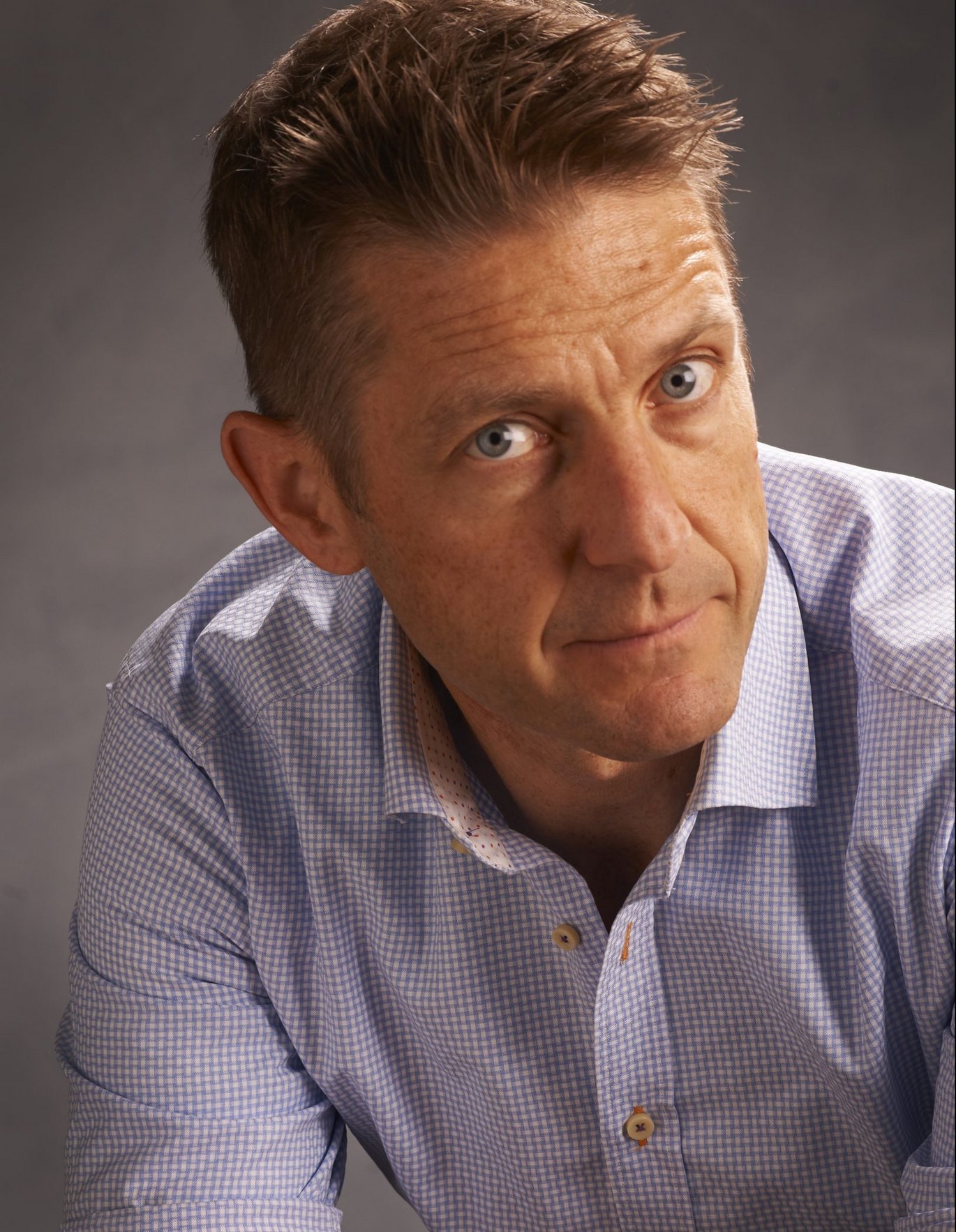Meet Christian Lodberg Hvas - The Inflammation Network's Interview Series

54 years, gastroenterologist and associate professor, PhD
Aarhus University Hospital, Department of Hepatology and Gastroenterology, and Aarhus University, Department of Clinical Medicine.
Can you give us an insight into your research?
My research relies on my double affiliation with both the hospital and the university. This is a fundamental starting point for conducting patient-oriented clinical research in synergy with basic science and methods. I am interested in the intestinal microbiome and clinical nutrition, and the aim of my research is to improve the lives of patients with chronic intestinal diseases. I lead the intestinal failure unit at our department, and I am the project leader for our use and research-based development of faecal microbiota transplantation (FMT).
How do you see multidisciplinarity being applied in your work?
All my research is highly dependent on a flexible and multidisciplinary research team, including nurses, registered dieticians, doctors, and medical students. Combining several disciplines, seniorities, expert areas and personality types lifts our research. We strive for integration of the clinical department with highly specialised care for our patients and the research laboratory. National and International collaborations are pivotal to obtain new knowledge and for inspiration and collaboration.
How can the Steering Committee and the Network help your research?
Networking at Aarhus University is important for my research because a lot of the research methods we use are maintained at the highest international level, just around the corner. The Inflammation Network makes it easy to reach out, and I discovered new labs and places where a lot of methods similar to ours are maintained. Doing clinical research, I completely depend on expert advice on basic science questions, and the network is ideal for this. Recently, we collaborated with the core facility for bioimaging, and we have fruitful discussions about methods to validate our FMT applications with several departments, including clinical microbiology, molecular medicine, molecular biology, and biomedicine. Meeting fellow researchers in real life under less formal circumstances allows us to develop our methods and achieve better results. Young researchers present preliminary results. Technicians meet. Disciplines that are usually not sufficiently appreciated may be optimized: Graphical presentation; writing coverletters; public dissemination, down-to-basics questions such as freezer maintenance, qPCR buffers, shelf life for samples. It takes time, admittedly, but it is worth it. This year, I joined the steering committee of the inflammation network and started to get a glimpse of the potential we have at Aarhus University.